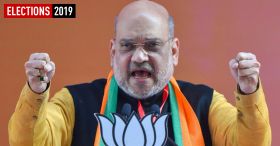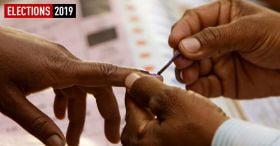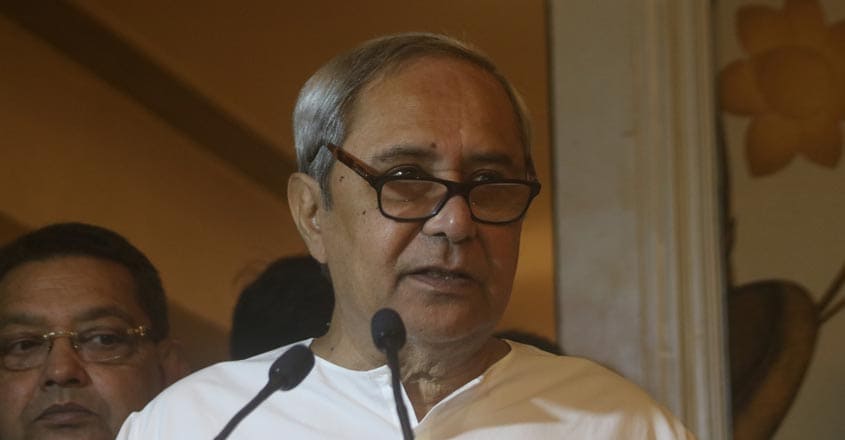
Odisha has stood by Biju Janata Dal ever since Naveen Patnaik formed the party in the late 90s. The party has withstood the “Modi” effect of 2014, winning all but one Lok Sabha seats in the state. The Congress drew a blank, losing all six seats it won in 2009.
The BJD also swept the election to the 147-member state assembly, relegating the Congress to 16 seats and the BJP to 10.
The BJP has picked Union minister Dharmendra Pradhan to lead its charge in Odisha this time. The Congress is keeping its hopes alive on the back of a revival under the leadership of its president Rahul Gandhi.
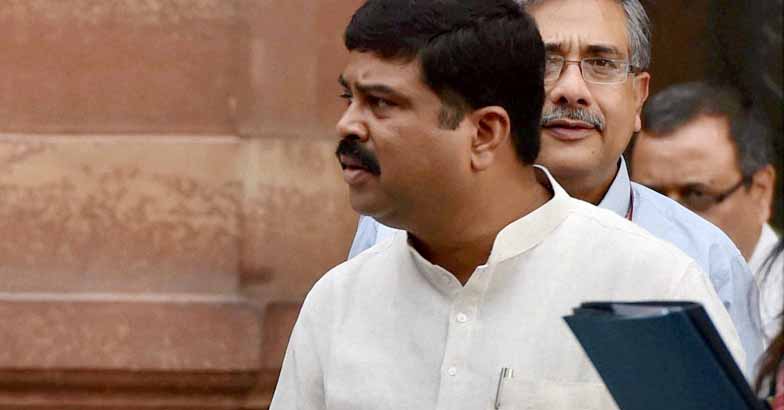
The BJD is pivoting its campaign on the state government’s welfare programmes including the KALIA scheme, which was designed to address the problems in the farming sector. The party has promised to disburse Rs 10,000 each to 25 lakh more people on the day it forms the next government.
Yet the BJD is facing its biggest challenge in two decades. Patnaik’s clean image has been tainted by a mining scam and a chit fund scandal. The three-way contest has the dominant party worried.
The BJD has reasons to be concerned if an anti-incumbency wave strengthens. The setback it received in the 2017 local body election is fresh in the minds of the leaders.
The party is not without internal fissures after being in power for so long. Heavyweights such as Nabarangpur MP Balabhadra Majhi, Neelagiri MLA Sukanth Nayak and Gunupur MLA Trinath Gomango have shifted to the BJP. More leaders are discontented in the selection of candidates. Even leaders such as Baijayant Panda and Damodar Rout, who have been around since the time of the late Biju Patnaik, have switched over.
The chief minister who legislated for 33 percent reservation for women in the assembly is accused of not abiding by the standard in the selection of candidates. Yet Patnaik is a hard nut to crack. He has virtually unchallenged since he became chief minister in 2000.
The BJP’s confidence lies in its performance in the 2017 local election. The party won 306 district parishad seats, a leap from 36 seats in 2012. While the BJD seats were reduced to 460 from 651, the Congress was reduced to 66, compared with 126 five years ago. The BJP has overtaken the Congress as the real opposition force in Odisha.
Yet this is not ammo enough to upset the Patnaik rule. The party still needed a leader to match the chief minister’s stature. Its best shot was Dharmendra Pradhan, the Union petroleum minister.
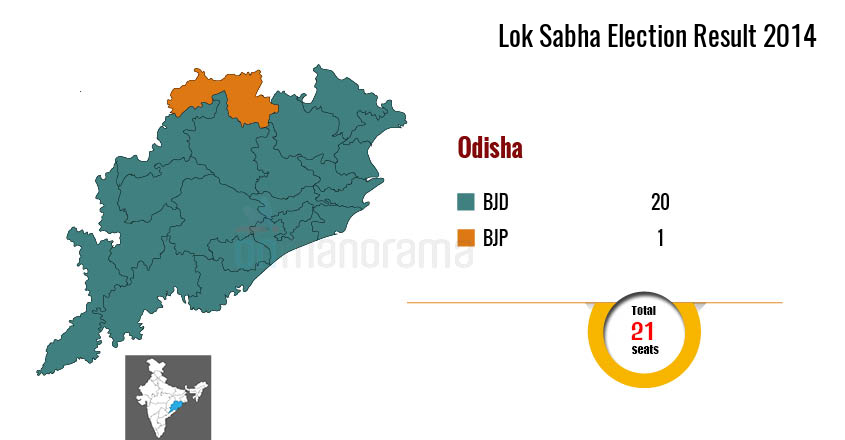
Pradhan has been on the ground for some time to cash in on his party’s newfound popularity. Prime minister Narendra Modi and BJP president Amit Shah had made frequent sorties to the state to support Pradhan’s work.
All is not well in the BJP camp. The party received a setback when former Union minister Dilip Rai and Bijoy Mahapatra left the organisation.
The Congress is fighting back. The national revival under Rahul Gandhi could give it a lift in Odisha as well. The party expects to replicate its comeback stories in Chhattisgarh, Madhya Pradesh and Rajasthan. The leaders are pinning their hopes on the party’s farmer-friendly manifesto.
Whichever way the Odisha voter thinks, the BJD will continue to be a crucial force at the national level. Ever since leaving the National Democratic Alliance in 2009, the BJD has been keeping a distance from both the BJP and the Congress camps.
Some of the recent decisions by the party has raised doubts regarding that policy though. The party backed NDA’s Harivansh Narayan Singh in the Rajya Sabha election. It also voted for NDA’s presidential candidate Ram Nath Kovind. More strikingly, it refused to back an anti-trust motion against Modi.
Patnaik has given no concrete signs of a return to the former camp but observers have read too much into his recent decisions.
A video of the 72-year-old Patnaik’s exercise regimen was released by the BJD three days ago, with a caption that he was ready to fight for the people of Odisha. Is he still the strongman he is claimed to be? Odisha will decide in a four-phased election starting Thursday.

